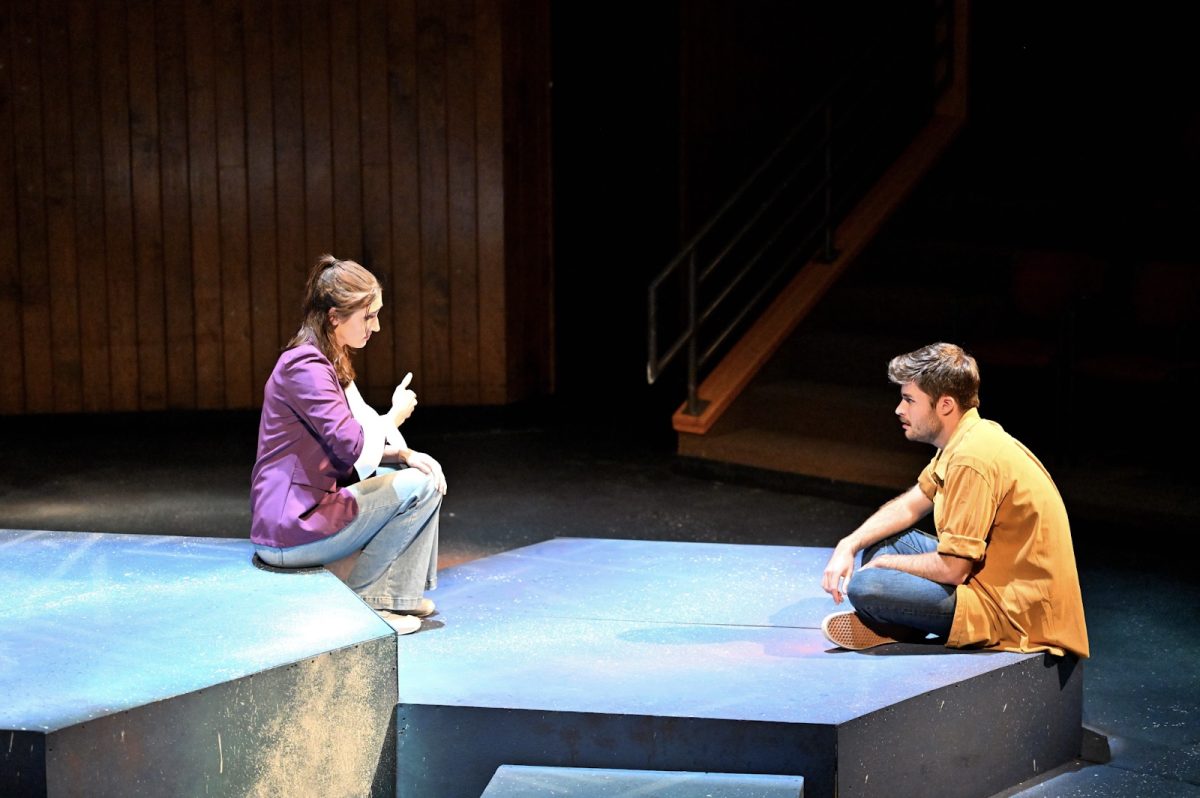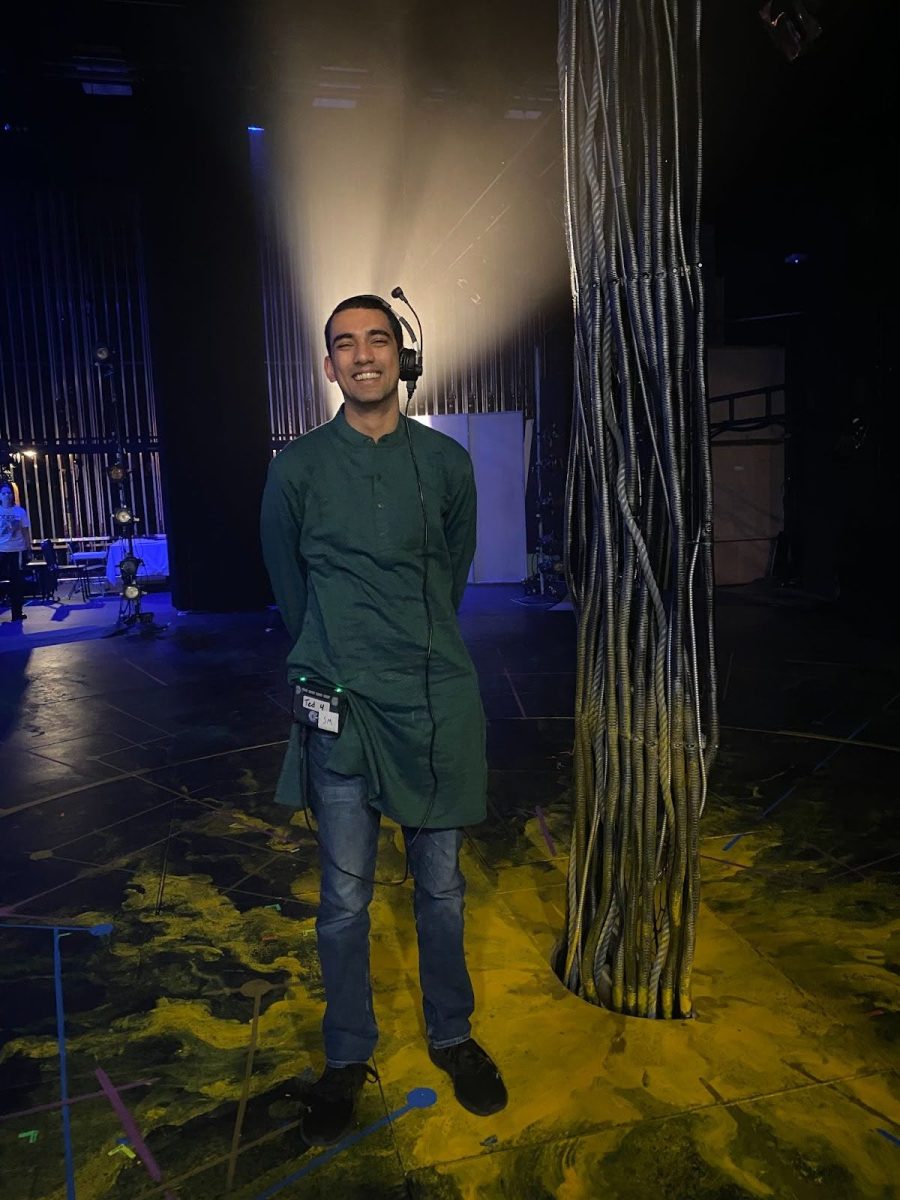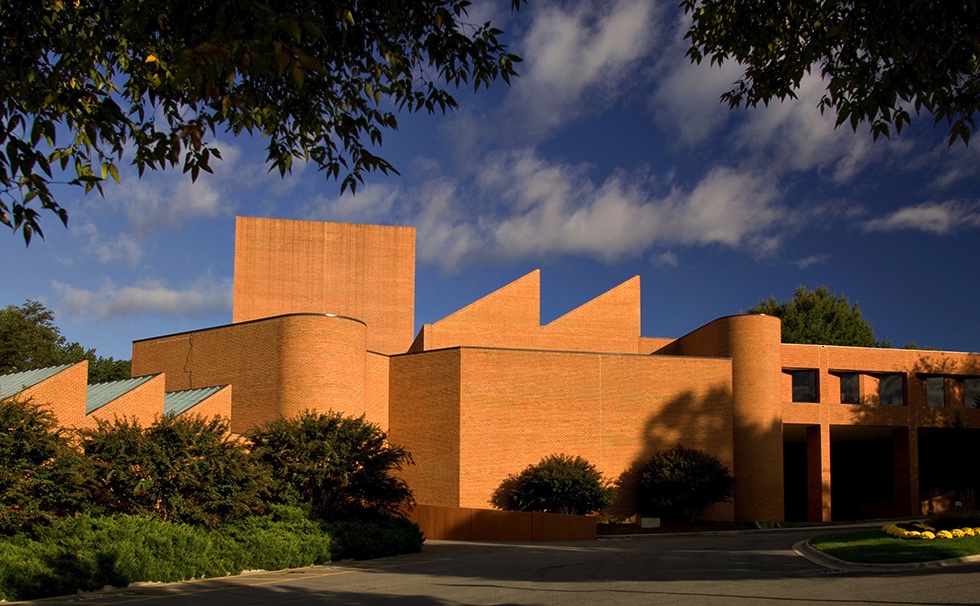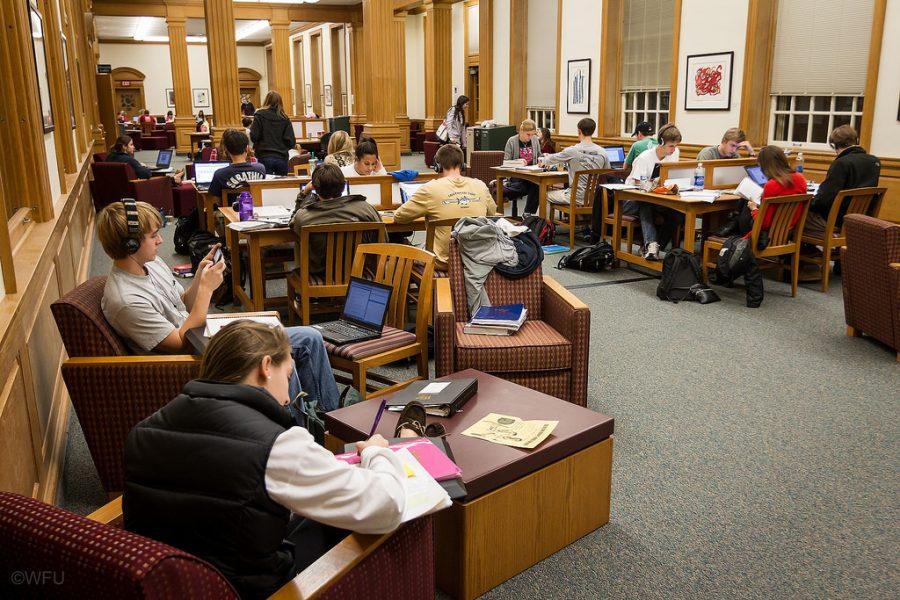Residence Life and Housing and Global Programs and Studies have partnered to manage Wake Forest’s Global Village, a program designed to “create a living and learning community focused on global mindedness,” according to their mission.
Every 10 years, Wake Forest has created a Quality Enhancement Plan, or QEP, to demonstrate efforts to improve the quality of education. In exchange, the Southern Association of Colleges and Schools or SACS, provides Wake Forest’s accreditation.
With an increasing international student body, SACs asked Global Programs and Studies to create a plan focused on globalizing Wake Forest, according to Kara Rothberg, Global Village Program coordinator.
The 2016 Quality Enhancement Plan, “Transcending Boundaries: Building a Global Campus Community,” has since launched four initiatives which plan to educate and diversify the student body. In addition to the Global Village, the QEP includes the initiatives: Arrive@Wake, Global AWAKEnings and the Global Laureates Academy.
Within the fall of 2012, Wake Forest enrolled three international students for every one hundred American students. By the fall of 2016, Wake Forest had almost tripled the number of enrolled international students, according to the university’s fact book. The QEP’s platform serves to represent the growing community and accommodate a changing dynamic on campus.
“[The admissions office] started recruiting international students and they got a good yield from their efforts,” said Kelia Hubbard, director of International Students and Scholars. “They have expanded this effort by going to the Middle East, South America, Europe and of course China is always in the rotation.”
Today, Wake Forest’s international student population is predominantly from China.
The Living Community
The Global Village, situated within Magnolia Resistance Hall, houses 24 Wake Forest students. This semester the residents’ origins are split, around 12 international students and 12 American students.
Global Programs and Studies has defined a Wake Forest international student as an individual enrolled at the university with a U.S. visa. However, this distinction becomes complicated with dual citizenships members and Green Card holders, both of which are represented on campus, according to Hubbard.
If a student wants to receive housing within the Global Village, he or she must submit a writing application and interview. Within the last application cycle, about two students applied per opening within the program, according to Rothberg.
The decisions that are made within the application process reflect the goals of the Global Village.
“We’re striving to be a diverse community,” Rothberg said, “With the international students, we try to have students representing every continent. With the domestic students, we try to have those students represent diversity within the United States.”
The Global Village includes an education component and social aspect. Alessandra Von Burg, Wake Forest Communications professor, teaches a 1.5-hour interdisciplinary course that meets once a week within the Global Village’s residence lounge. Socially, the program provides a budget to fund community wide events which are hosted by the residents.
Juniors Jeannie Smith and Guillermo Torres act as the Global Community coordinators within the Global Village. In addition to being coordinators, Smith and Torres have become embedded within the community by living in the Global Village themselves.
This is Smith’s first year as program coordinator but second year living as a resident within the Global Village. With her position, she hopes to eliminate any boundaries that may be built up within their community. She encourages intercommunity friendships that extend beyond mandatory classes or social events.
Accountability
The success of the QEP is measured by Nelson Brunsting, director of Global Research and Assessment. He leads a team in collecting survey and interview data from students involved in the four initiatives.
With this information, Brunsting analyzes the extent to which these programs achieve the goals of the 2016 QEP. These results are reported back to SACS, which is the accreditation organization which funds the QEP.
Wake Forest’s QEP “Transcending Boundaries: Building a Global Community” aims to galvanize the international community. However, Mish Uttamchandi, former Global Village resident and international student, suggests there’s room for administrative improvement within the international transition to Wake Forest.
Wake Forest’s Global Programs and Studies provide resources which lend support to the international community, according to Uttamchandi.
However, Residence Life and Housing does not allow rice cookers within dorm rooms.
“It’s just something small but it becomes a huge part of their lives and culture that they aren’t allowed to utilize on campus,” said Uttamchandi.













